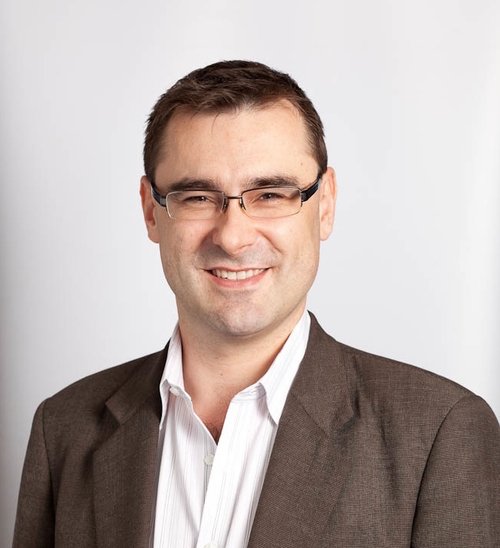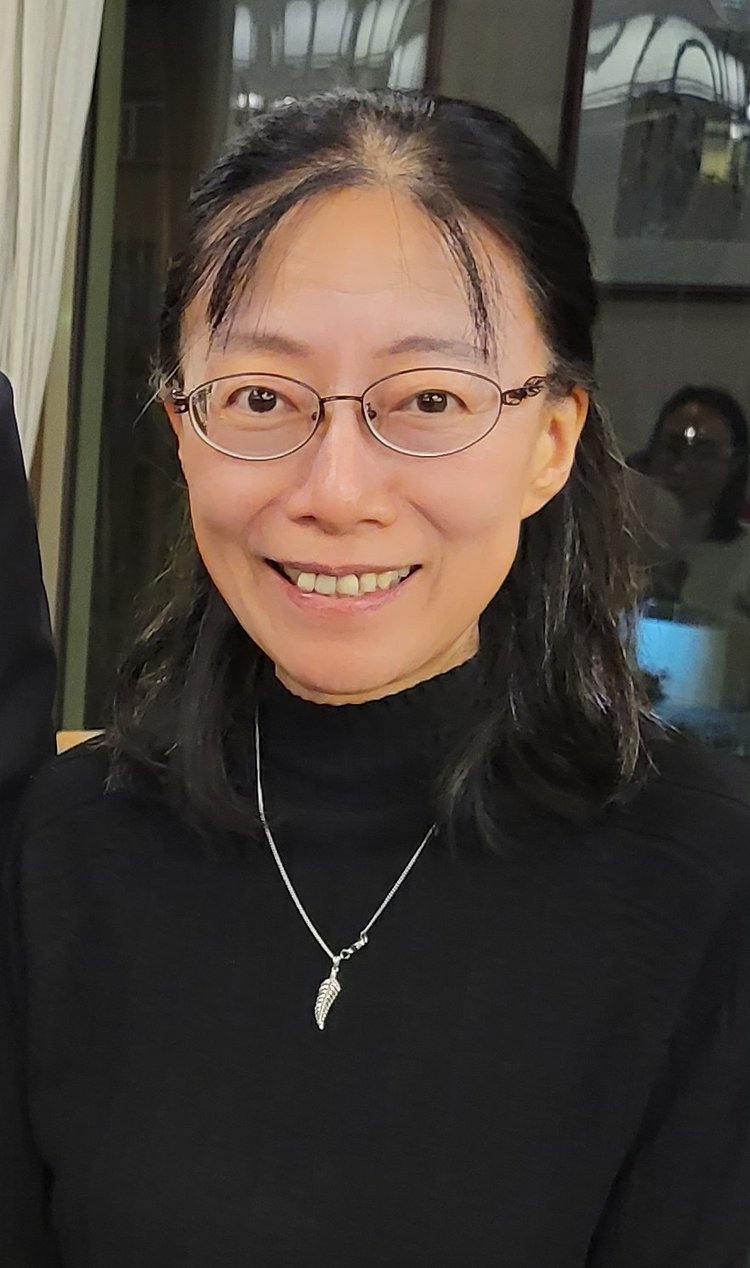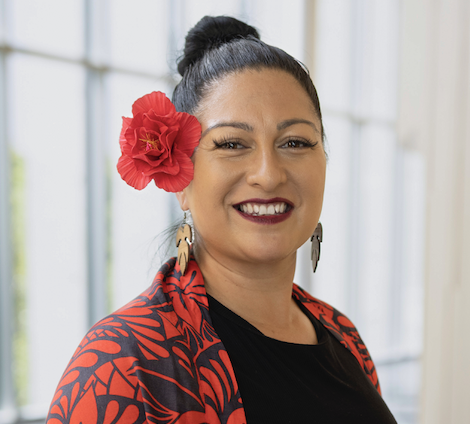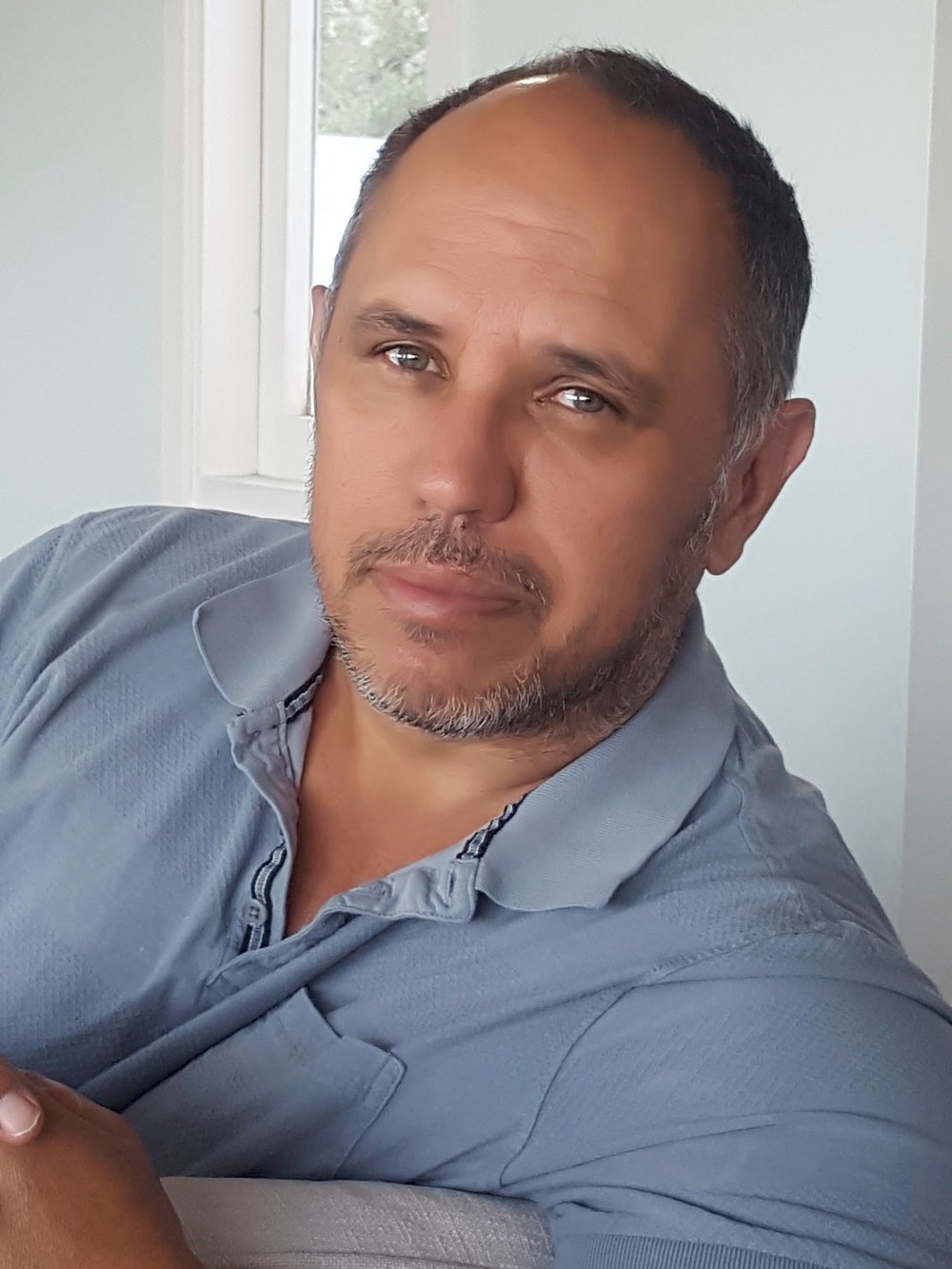 |
Michael HandMichael Hand is Professor of Philosophy of Education and University Director of Postgraduate Research at the University of Birmingham. He is vice-chair of the Philosophy of Education Society of Great Britain, editor of the Bloomsbury Philosophy of Education book series, and co-editor of the Journal of Philosophy in Schools. Michael works primarily on moral, political, religious and philosophical education. He also has interests in education against extremism, relationships and sex education, autonomy and flourishing as educational aims, and the concepts of indoctrination, punishment and intelligence. His books include A Theory of Moral Education (Routledge, 2018), Education, Ethics and Experience: Essays in Honour of Richard Pring (Routledge, 2016), Patriotism in Schools (Wiley, 2011), Philosophy in Schools (Bloomsbury, 2008) and Is Religious Education Possible? (Bloomsbury, 2006). |
 |
Ruyu HungRuyu Hung is a Distinguished Professor of Philosophy of Education at National Chiayi University, Taiwan. Her academic specialties lie in the fields of ecopedagogy, philosophy of education, educational aesthetics, and ethics, with particular emphasis on deconstruction, phenomenology, ecological philosophy, and comparative study between Eastern and Western educational philosophies. She was elected a Fellow of the Philosophy of Education Society of Australasia (PESA) in 2022. Hung has extensively published in both Chinese and English in peer-reviewed journals and books. Her book, “Education between Speech and Writing: Crossing the Boundaries of Dao and Deconstruction” (2018, Routledge), received the 2019 Book Award from PESA and from the Coalition of Educational Academic Societies in Taiwan. Her notable edited publication is “Nature, Art, and Education in East Asia: Philosophical Connections” by Routledge (2023). |
 |
Jacoba MatapoJacoba Matapo has ancestral ties to Siumu Samoa and Leiden Holland. She is the first Pro Vice-Chancellor Pacific at Auckland University of Technology. She is an Associate Professor in Pacific Early Childhood Education with over 15 years of experience in educational leadership, spanning ITE programme leadership, University leadership and leadership in ECE. She has led key Pasifika education projects, anchoring Pacific philosophy and pedagogies for learner success. Her work advocates for the value of Pacific indigenous knowledge systems in education and the possibilities of transformation through relational ecologies, story-telling and the art of embodied literacies. |
 |
Carl MikaCarl Mika (Tuhourangi, Ngati Whanaunga) is Head of School and Professor of Maori and Indigenous Studies in Aotahi, School of Maori and Indigenous Studies, University of Canterbury, New Zealand. His research has spanned law, philosophy, and Maori and Indigenous Studies, often focusing on their overlap. Currently, he is speculating on a Maori colonised existentialism in light of the idea that all things are interconnected, with an ultimate view to proposing a Maori notion of wellbeing. He has written books and several articles and chapters relating to Maori and Indigenous philosophies (including in education-related contexts) as well as on German Romanticism, Martin Heidegger, and the overall ethics and methodological possibilities of working alongside non-Indigenous philosophies. He has been adjunct professor at RMIT and was is investigator on international philosophy projects funded by the Swedish Research Council, and Social Sciences and Humanities Research Council, Canada. He has also been investigator for several New Zealand based funded research projects. |
